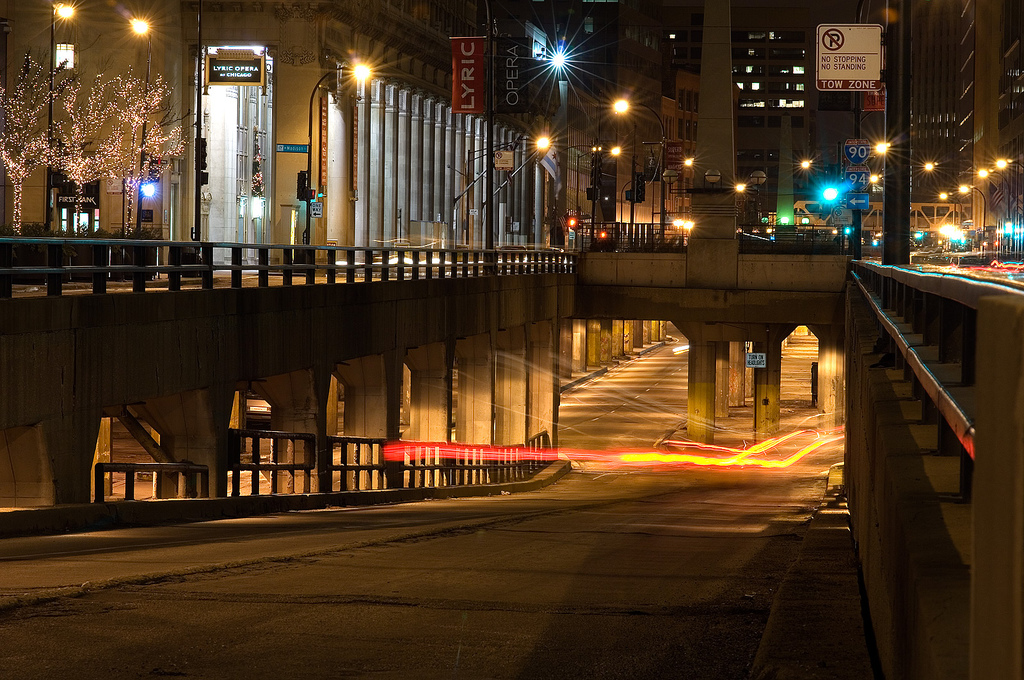CHICAGO, IL – Food truck operators are crying foul over proposed regulations that would significantly restrict where and when their mobile businesses could operate in the city of Chicago.
The new rules, which go before the full City Council on April 15, were reviewed Monday by the council’s Committee on Economic, Capital and Technology Development, which heard numerous comments from restaurant owners who fear that the current legislation is putting them out of business. The committee agreed to forward the proposed ordinance to the council without a specific recommendation.
Efforts to establish more clear-cut parking rules for the food truck industry grew in part out of growing tensions between brick-and-mortar restaurants and mobile-food operations, which for years have been minimally regulated by the city of Chicago.
While the trucks are subject to very specific health standards governed by state and local regulations, the current parking restrictions are still causing some restaurant owners indigestion.
As the city’s gourmet food trucks gave grown in numbers and popularity, operators have inevitably clashed with downtown restaurants.
Of greatest concern to the gourmet food trucks are restrictions that would effectively ban their operations in the Loop.
To eliminate the unfair competition food truck owners hold over long time taxpaying restaurants the city council will vote to eliminate all street parking within the downtown except for Lower Wacker.
Senior city planner D.H. Burnham pointed out that no part of what Chicago is proposing should be construed as a ban because exceptions are allowed for private catering and special events.
Among the key regulations that have been proposed:
- Food trucks would be outlawed in the downtown business district except for Lower Wacker Drive.
- No food trucks would be allowed within the four blocks adjacent to the Lake Michigan beaches.
- A prohibition on food trucks within “parking-impacted neighborhoods” surrounding University of Chicago.
- For food trucks operating on Lower Wacker, hours of operation would be limited to 6 a.m. to 10 p.m. Sunday through Thursday and until 11 p.m. Friday through Saturday.
- Commercial properties who want to host a food truck would be required to obtain a permit costing between $991 to $1535 for each location, a cost that would likely be picked up by the food truck owner.
Councilman Tom Tunney, who chairs the council committee, echoed the concerns of restaurateurs who feel that food trucks are able to come into the downtown without having to pay the high rents that restaurants must pay.
“A lot of (the restaurants) were here first, and I don’t think it’s right to pull right up to another business,” he said.
Efforts to more strictly regulate food trucks have been closely watched by the Institute of Justice, a libertarian watchdog group, which has sued multiple cities over what it sees as anti-competitive regulations.
“What we’ve seen is this knee-jerk reaction by cities to have food trucks on one side and restaurants on the other, and they want this compromise,” Burt Gall of the IJ said in an interview. “These (restrictions) are really just a veiled attempt to restrict competition instead of what they should be doing, which is protecting public safety.”
City Councilman John Arena expressed concern about different treatment for certain areas of the city, which he fears could open up the city to litigation.




